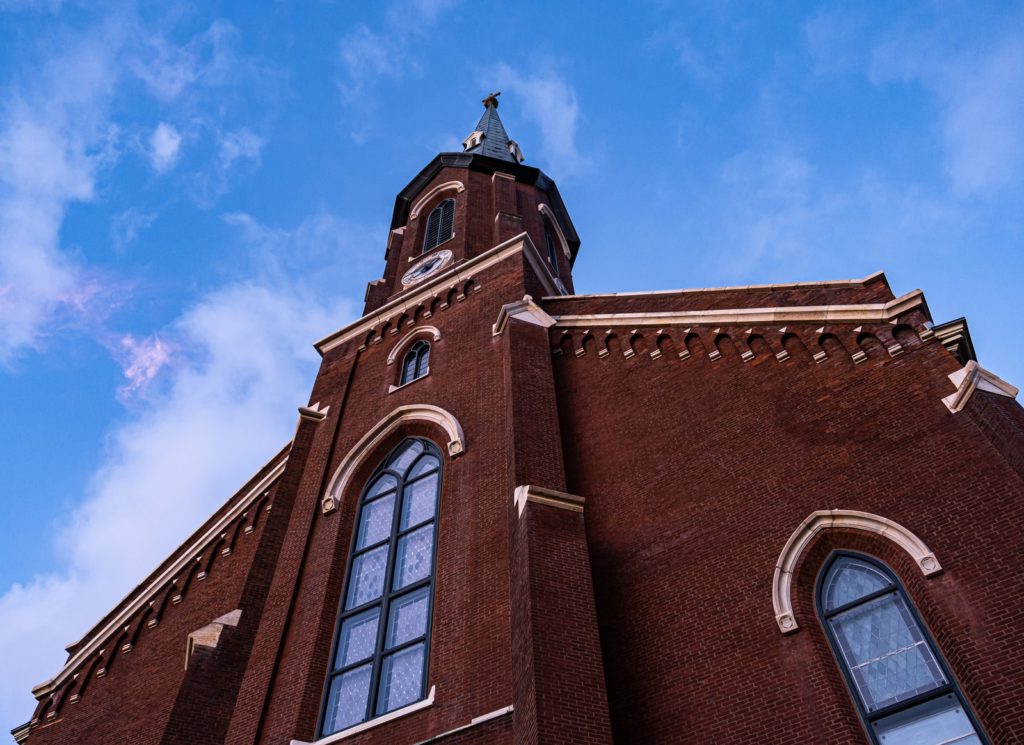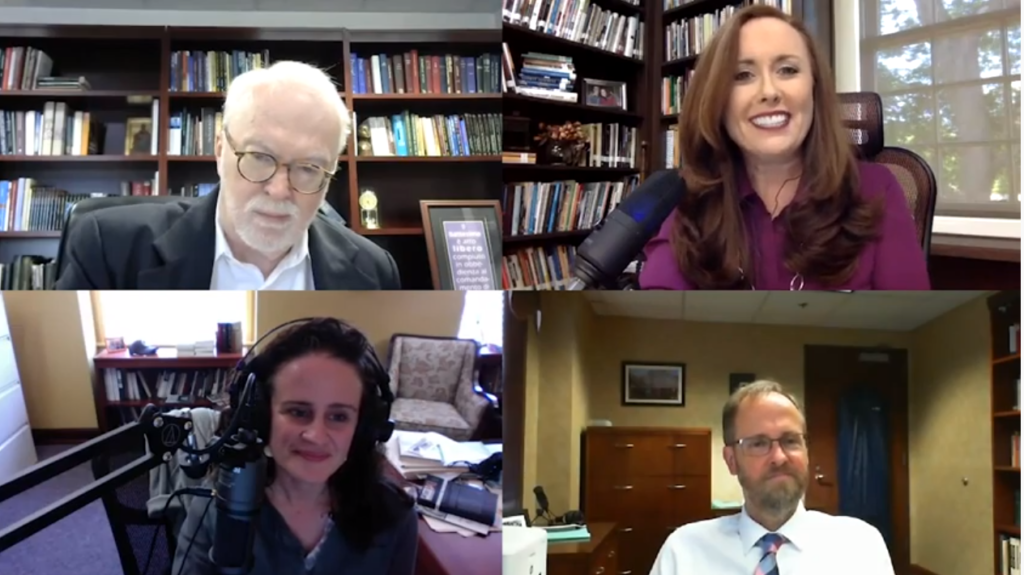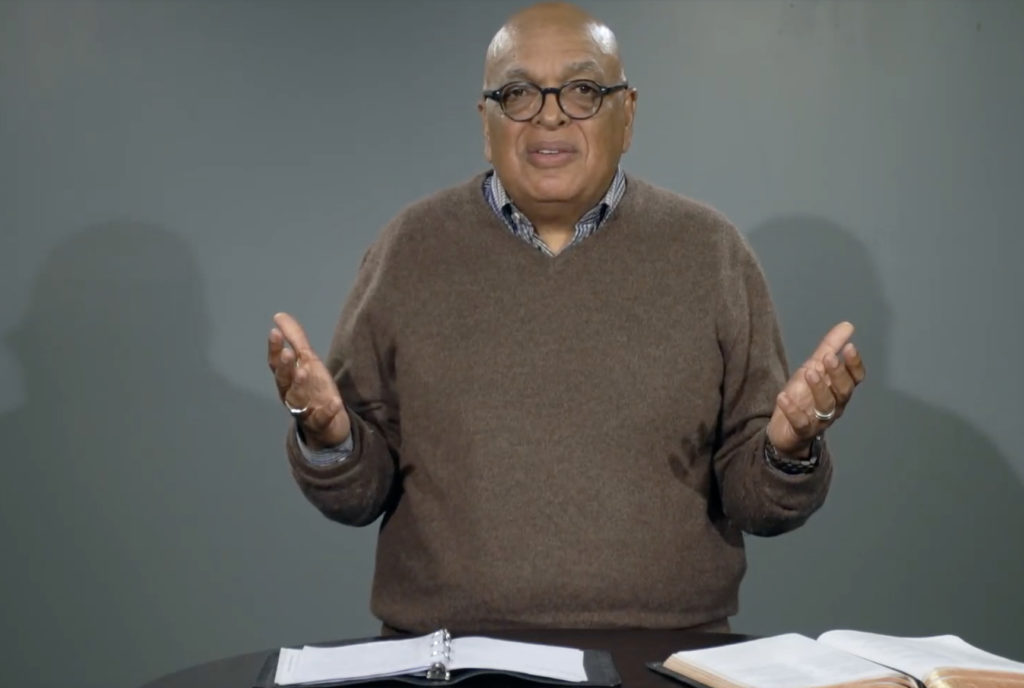August is quickly approaching, and with it comes a shift from camps, Vacation Bible School and other summer fun to the routine of the school year and all its activities.
Before we know it, store shelves will be filled with Halloween, Thanksgiving and even Christmas decor, and the fall calendar will be filled with events right on through to the end of the year.
In such a fast-paced culture, it’s no wonder feelings of stress and burnout are so common. At work, home and church, we are all very busy. No one is immune from the weariness that can result from an overpacked schedule and navigating a variety of relationships. The strain affects us mentally, emotionally, physically and spiritually.
In the past few years, pastors and ministry leaders especially have shouldered this burden — so much so that messengers to the 2023 Southern Baptist Convention Annual Meeting adopted a resolution “On Needed Care and Support for Pastors and Ministry Leaders.”
Startling statistics
Acknowledging the “difficult, unique and multifaceted challenges” church leaders face, the resolution text cites some startling statistics from Pastoral Care Inc.:
- 42% of pastors are thinking of leaving the ministry in the next year.
- 80% of pastors believe pastoral ministry has negatively affected their families.
- 75% of pastors have reported a significant stress-related crisis at least once in their ministry.
- 70% of pastors do not have someone they consider to be a close friend.
The committee-generated resolution affirms the importance of “godly relationships, counseling, rest and recreation that contributes to the overall wellness of pastors and other ministry leaders” and encourages them “not to bear their burdens in isolation, but to seek help when needed.”
“Our church pastors … they get the joy of serving us, but a lot of times they bear all of the collective hurts of their congregations, whether it’s marriages that are falling apart, people have lost loved ones,” said Dani Bryson, a member of the Resolutions Committee. “I mean, they’ve walked through all of our traumas with us, and that’s a wonderful gift to their congregation(s), but it can also really take a toll on a pastor.”
Bryson, a member of First Baptist Church in Dickson, Tennessee, threw out the initial idea that later evolved into the resolution. Committee members Kristen Ferguson and Tony Dockery helped flesh it out before the full committee finalized the text.
“This was a burden on many people’s hearts in the committee,” said Ferguson, a member of 11th Street Baptist Church in Upland, California, where her husband serves as pastor. “We’re all very aware of the reality that COVID put our churches and our ministry staff and our pastors through significant trials and burdens. … Coming out of that, we felt that our pastors and our ministry leaders need more support.”
‘Critically important’
Dockery, pastor of St. Stephen Baptist Church in La Puente, California, said the resolution is “critically important,” aiming “to help pastors come out of the shadows and just get the concern and the care that they need, and also to encourage churches to support and help their pastors to know it’s okay to seek out resources to help (them) negotiate those challenges.”
In passing the resolution, messengers acknowledged that the holistic well-being of pastors and other ministry leaders “helps them lead God’s people faithfully” and affirmed “the importance of godly relationships, counseling, rest and recreation that contributes to the overall wellness” of those in church leadership.
Resolving to encourage pastors and ministry leaders to seek help, and exhorting churches and ministries to “neither ignore nor stigmatize the internal and external struggles of ministry leaders,” messengers committed to “promote a culture of holistic flourishing” throughout local SBC churches, associations, state conventions and denominational entities.
While resolutions are not binding on convention churches, Ferguson said they can be a “launch pad.”
“I … hope, and we ask God, that God would use this resolution in particular to encourage churches to be more aware of the burdens of ministry and to find ways that they can support their pastors and ministry leaders better,” she said.
“My biggest hope for this resolution is that if there is one pastor who is struggling and about at the end of his rope, that he sees this and he feels seen and loved by his brothers and sisters in Christ, and it helps him keep going,” Bryson said.
EDITOR’S NOTE — This story was written by Carrie Brown McWhorter with reporting by Tessa Redmond writing for Baptist Press.






Share with others: